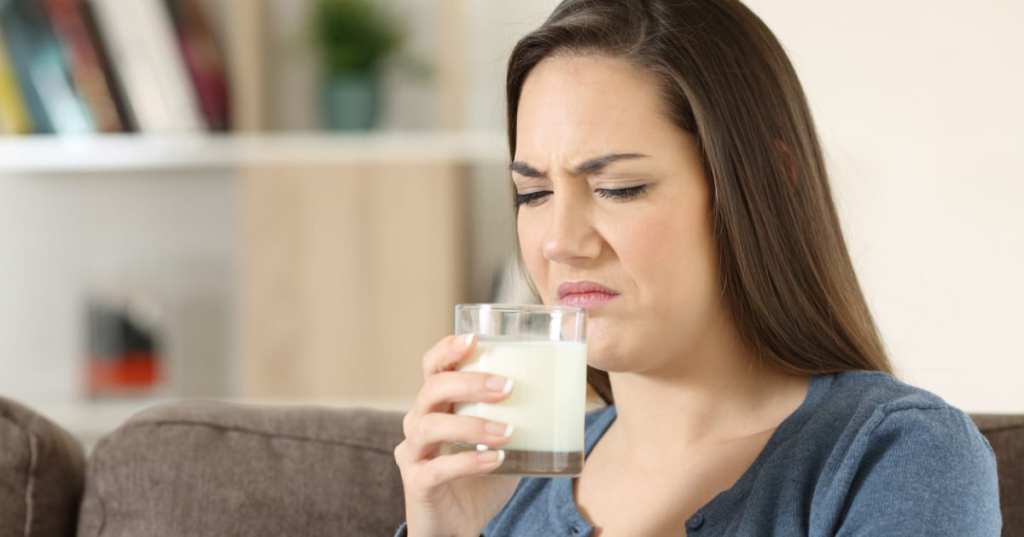Trending Now
I don’t know about you, but sometimes I just think about all of the things there are to remember and start to feel overwhelmed. There are too many balls to keep in the air all of the time, but thinking that you’ve dropped one that relates to food safety can definitely cause some moments of panic.
Below, though, FDA food safety expert Peter Cassell is going to make you feel better about 6 things that are technically rules – but ones that aren’t likely to do any permanent damage if you break them.
6. Rule: Butter should always be stored in the fridge.
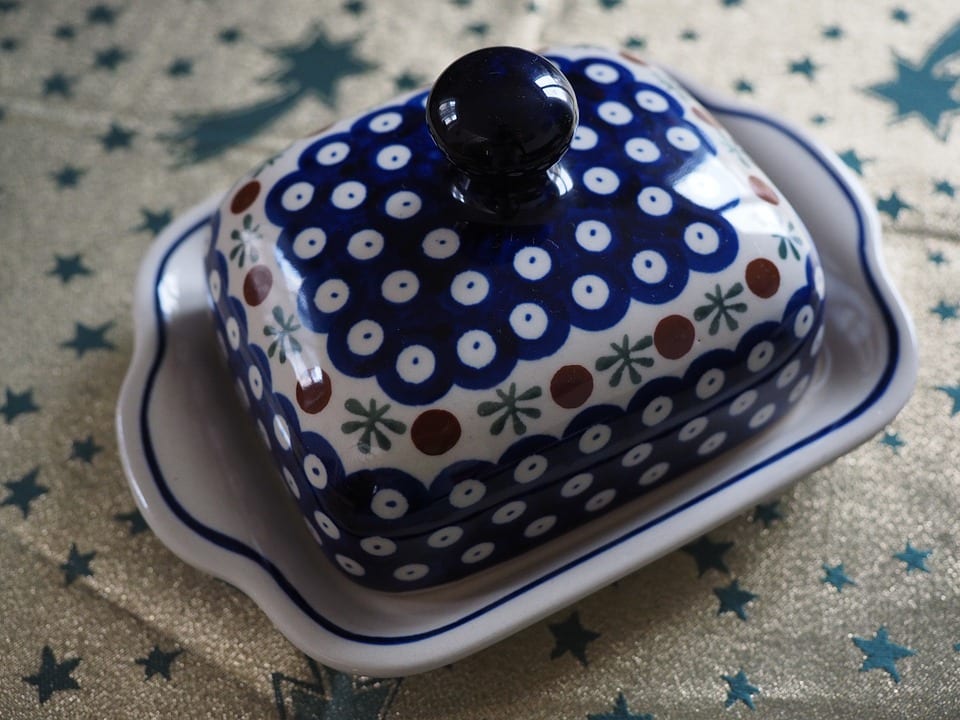
Image Credit: Pixabay
I come from a family that left a stick of butter out in a butter dish, making the butter inside room temperature and easily spread.
I should also note that I come from a family that consumes said stick of butter in no less than three days.
That said, according to Cassell, we were taking a chance, because leaving butter in a warmer state puts it as risk of “increased rates of oxidative rancidity, which leans to the more rapid development of an unusual or unpleasant flavor.”
You won’t get sick, but it might taste funny.
So just eat more butter faster, people. It’s not hard.
5. Rule: Don’t drink a glass of water that’s been sitting out overnight.
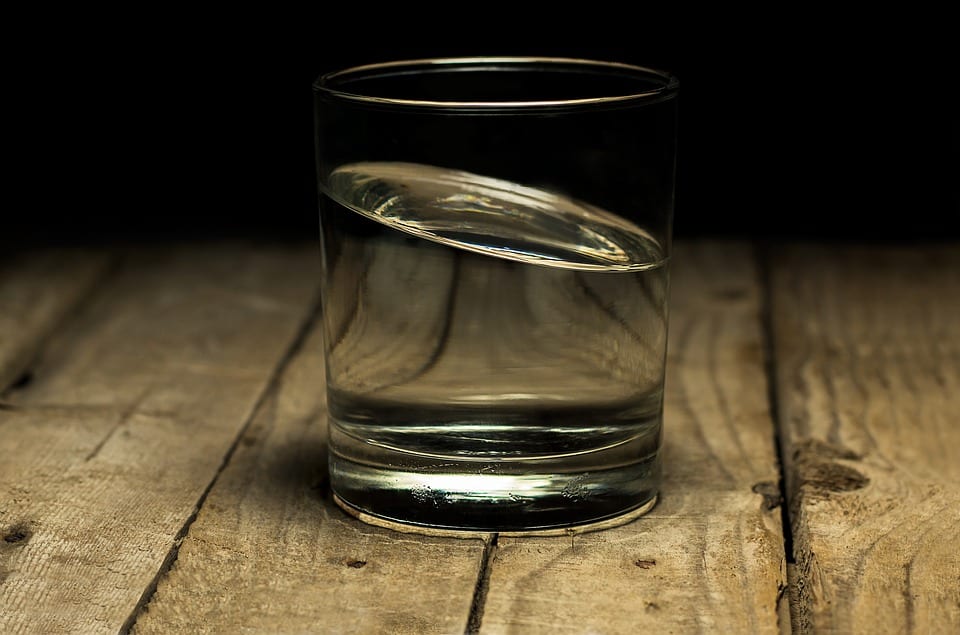
Image Credit: Pixabay
It might taste funny (that’s because of the dead skin cells and other dust-flying things that land in it overnight, but Cassell says it’s “perfectly fine to drink,” because water contains no ingredients that could make it spoil in any way.
4. Rule: Raw eggs will make you sick.
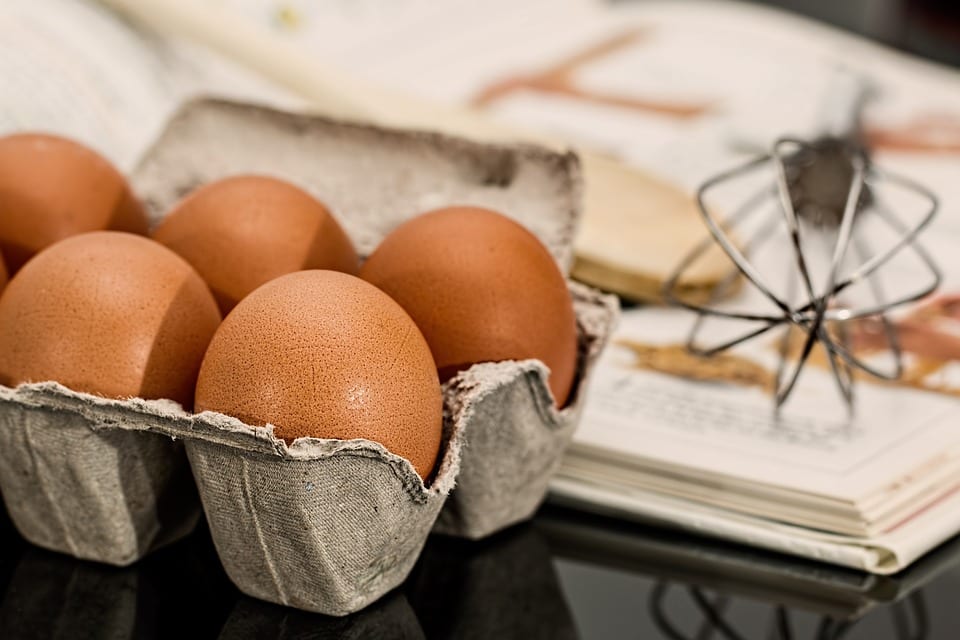
Image Credit: Pixabay
Raw eggs have a chance of being contaminated with salmonella, which is too tiny to be seen by the naked eye, so the safest route is to refrigerate your eggs and make sure they’re cooked thoroughly before eating them.
That said, raw eggs will only make you sick IF they’re contaminated, not just because they’re raw.
Cookie-dough and over-easy egg lovers unite!
3. Rule: Throw out any chocolate that has white marks on it.
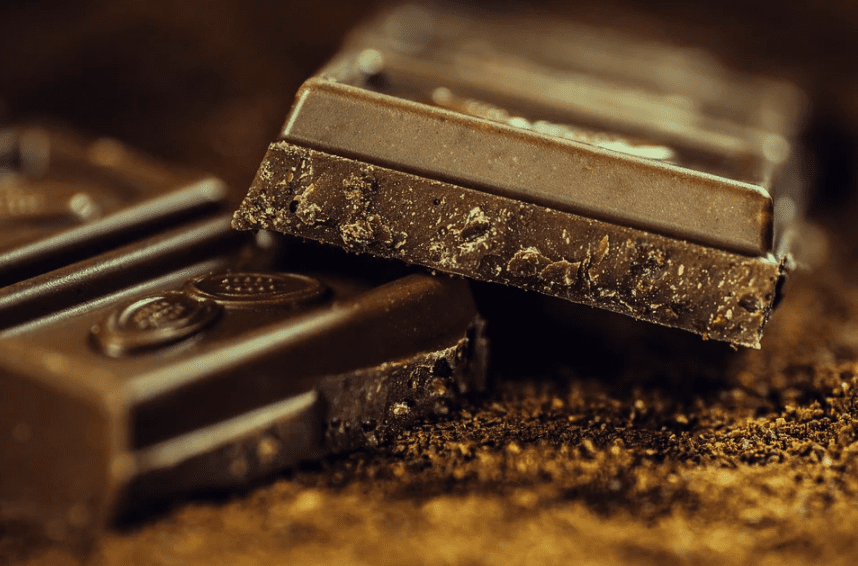
Image Credit: Pixabay
Don’t do it!
If your chocolate is slightly discolored, with a white or grayish film on the surface, it’s probably just fat and nothing worrisome.
“This occurs when cocoa butter fats separate from the cocoa. It’s completely normal and safe to eat.”
2. Rule: Double-dipping is gross.
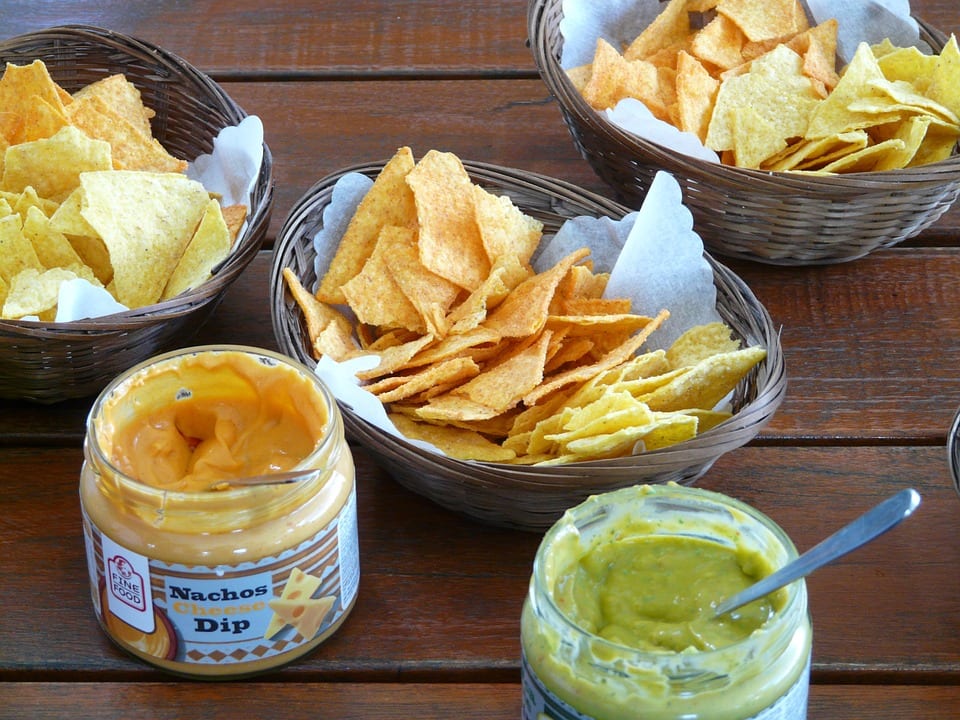
Image Credit: Pixabay
I think we all realize this isn’t cool, and should be reserved for when you’re with immediate family or others with whom you share bacteria and viruses already.
If you’re in public, Cassell says “it’s best to put dip on your own plate so that you can enjoy it without spreading germs to others. If you know that you are ill, may be a good idea to stay away from communal snacks or foods altogether.”
1. Rule: It’s unsafe to drink milk past its sell-by date.
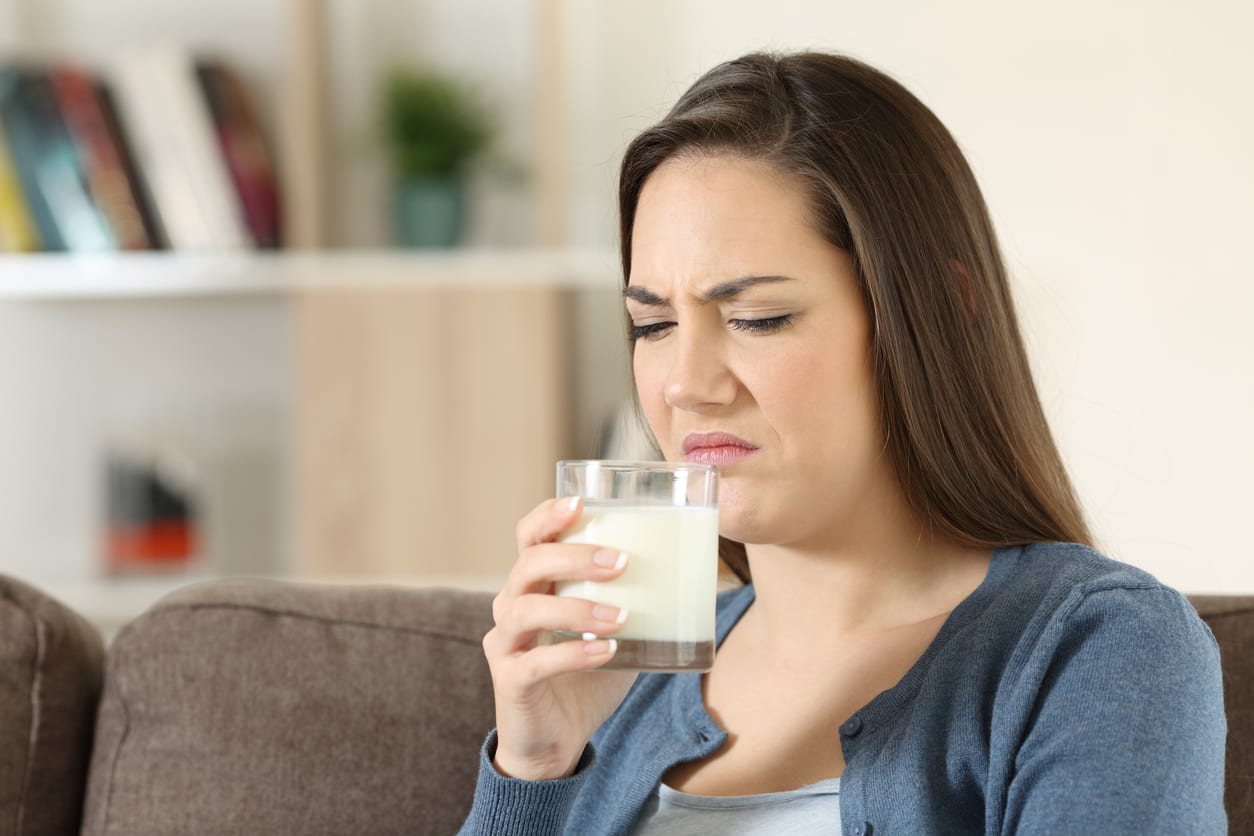
Image Credit: iStock
Cassell says that “drinking milk a day or two after the milk’s expiration date (otherwise known as the sell-by date) may not be a safety issue but may be more of a taste issue.”
It can increase the risk of foodborne illness, but unless your immune system is compromised in some way, as long as your milk smells fine, go ahead and drink it.
I’m feeling a bit relieved (even though I’m one of those people who drinks the milk until it smells bad, anyway).
What food safety rules do you play fast and loose with? Freak us out down in the comments!

